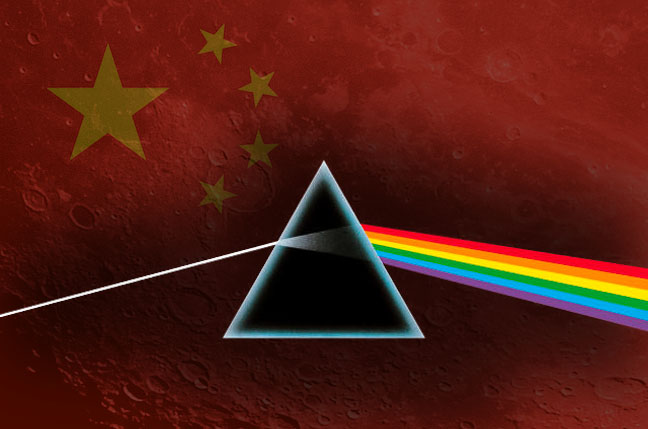
August 27, 2024 at 10:06PM
Chinese companies are planning to launch multiple satellite constellations for broadband services, potentially extending their content censorship system beyond their borders. The system could be used to monitor, block, and filter content, impacting information flow and imposing state control on a global scale. This presents security and diplomatic concerns, but other nations may have alternative satellite broadband options.
From the meeting notes, it is clear that Chinese companies are embarking on an ambitious plan to launch and operate multiple low-Earth-orbit satellite constellations to provide terrestrial internet services. However, there are significant concerns raised about the potential implications of these satellite broadband services.
The meeting notes point out that the Australian Strategic Policy Institute’s senior fellow, Mercedes Page, has highlighted several key issues. Firstly, it is suggested that these satellite services could potentially be used to extend China’s digital governance model beyond its borders. This could mean that countries using Chinese satellite broadband services may be more easily subject to content censorship and monitoring, similar to the domestic “Great Firewall” system in China.
Additionally, concerns are raised about the potential for diplomatic leverage by China over countries that rely on its infrastructure for connectivity. There are warnings about the centralized nature of satellite internet making countries more vulnerable to cyber espionage by the Chinese government or other malicious actors.
Furthermore, the notes highlight the potential impact on data privacy and security, as Chinese laws require companies to store data within China and make it accessible to the Chinese government. This could have far-reaching implications for international users of Chinese satellite internet services.
Page also raises the possibility of a new digital Iron Curtain extending from space, dividing the free flow of information and imposing state control on a global scale, which is described as a terrifying prospect.
However, it is important to note that many nations are already cautious about satellite broadband, and there are regulatory efforts underway to address these concerns. Notably, there is mention of US-based satellite broadband providers like Starlink and Amazon’s Kuiper, which could offer alternative options for nations seeking to avoid potential network controls imposed by Chinese providers.
In summary, the meeting notes provide a comprehensive overview of the potential risks and implications associated with the widespread adoption of Chinese satellite broadband services, as well as the efforts being made by various nations and alternative providers to address and mitigate these concerns.